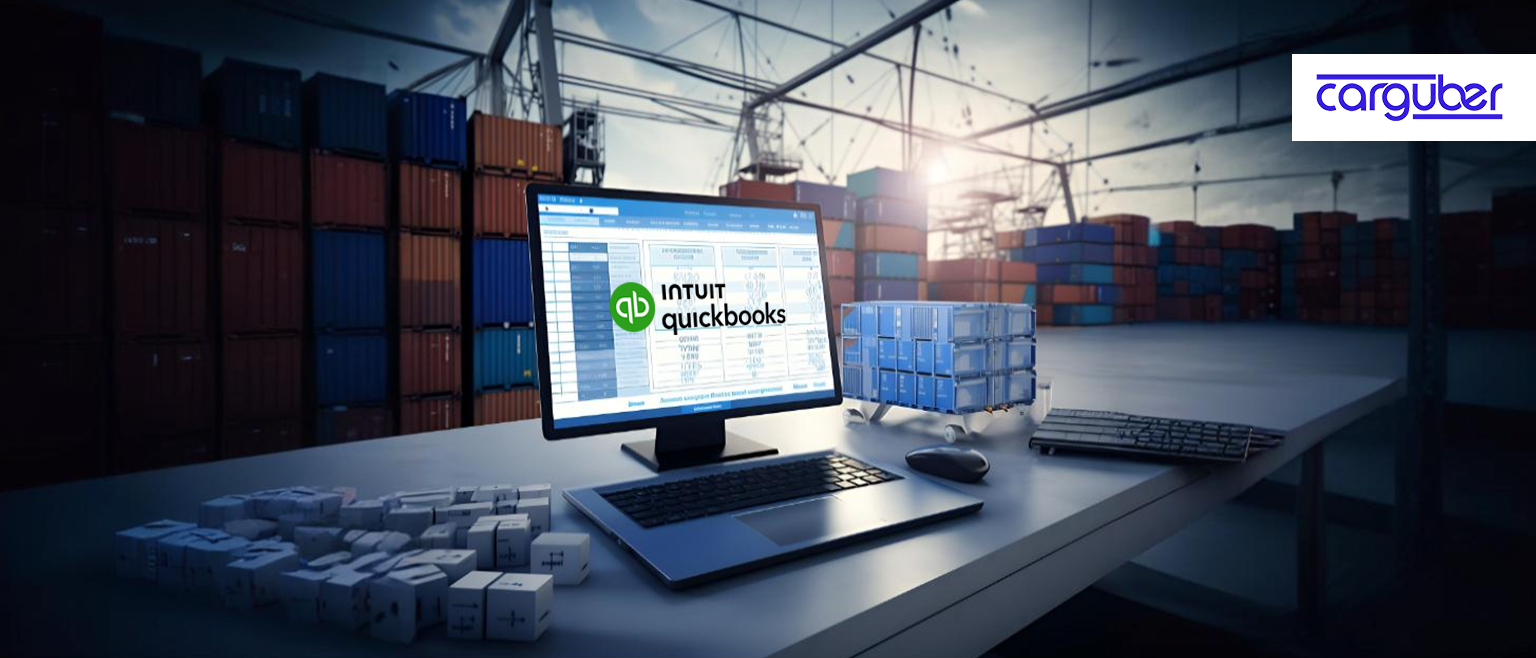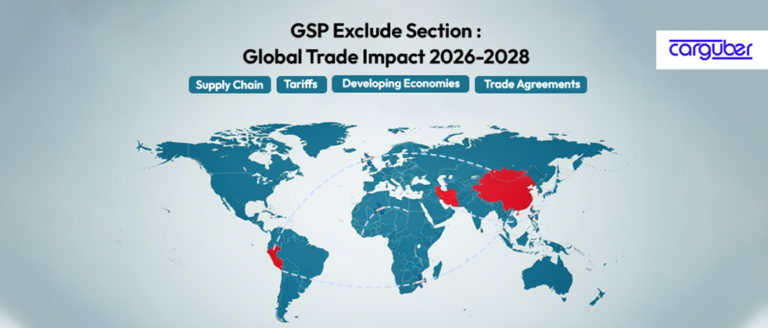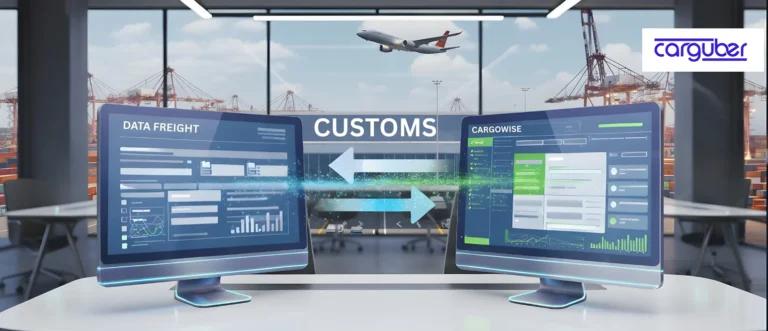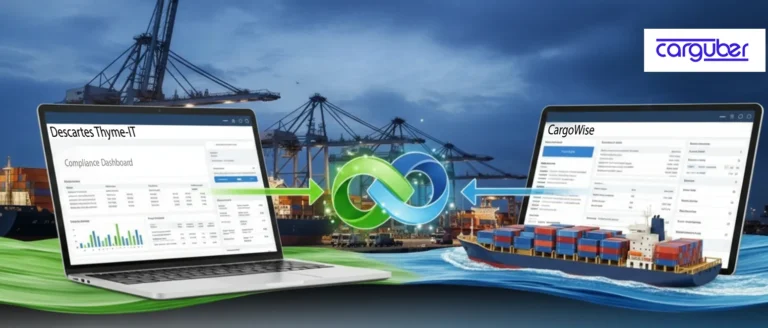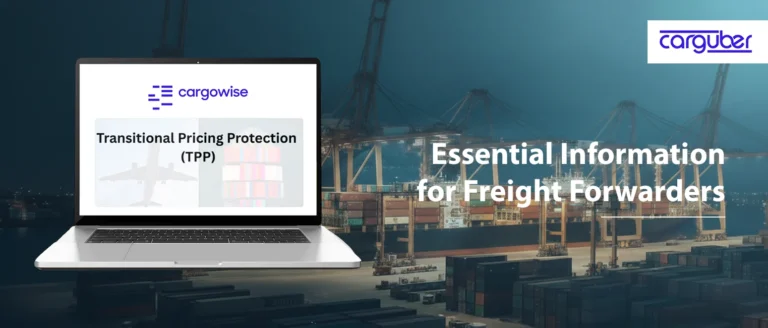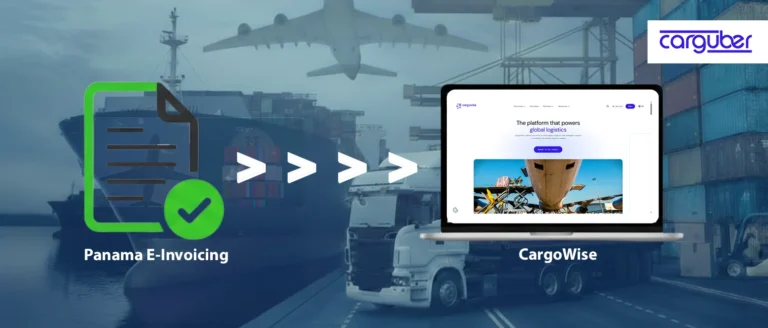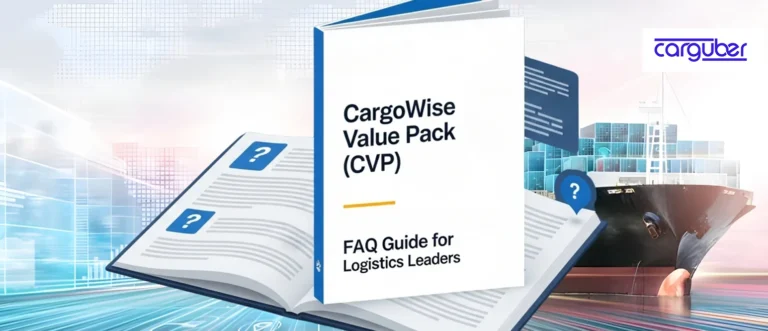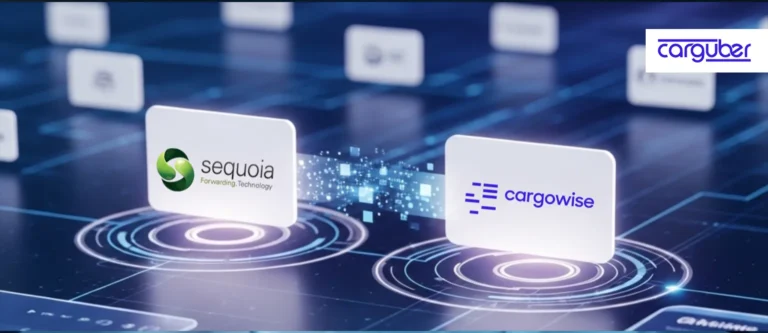How Can Integrating QuickBooks with CargoWise Simplify Your Accounting?
Without an integrated finance system, managing a logistics company is like attempting to navigate a ship without a compass. Data is being generated by several departments, invoices are flooding in from all angles, and accounting personnel are attempting to manually patch everything together. This is where CargoWise’s integration with QuickBooks changes everything. It integrates your financial mind and operational backbone, eliminating accounting barriers.
Your entire financial workflow can become more organized and transparent if you integrate CargoWise and QuickBooks, regardless of whether you’re a freight forwarder, customs broker, or 3PL provider. To help you fully grasp what this integration offers and why it matters, we’ll break it all down for you in this blog.
Seamless Data Synchronization
The integration automatically syncs financial data such as invoices, payments, journal entries, and customer/vendor records between CargoWise and QuickBooks. You don’t need to enter the same data twice or waste time switching between platforms to cross-check values.
This drastically reduces manual work and eliminates data entry errors, two of the most common causes of financial headaches in logistics operations. By syncing shipment-related financials directly to QuickBooks, your accounting team gets a clear view of the books, without chasing down spreadsheets or manually keying in hundreds of line items.
Real-Time Financial Visibility
With real-time syncing, financial transactions processed in CargoWise, such as customer invoicing or vendor payments, can instantly reflect in QuickBooks. Your finance team always has up-to-date books to work from, which means no lag between operations and finance.
Real-time visibility empowers you to make faster, smarter financial decisions. Imagine being able to check your current profit/loss per customer or shipment in seconds. That kind of visibility isn’t just helpful, it’s essential when you’re trying to stay competitive, price effectively, or plan for upcoming operational expenses.
Streamlined Reconciliation and Audit Trails
The integration creates a consistent audit trail by aligning transaction IDs, invoice references, and journal entries between the two systems. This helps your finance and audit teams trace back any number to its operational source quickly and with full confidence.
Not only do you save hours during monthly and year-end reconciliations, but you also improve your compliance posture. In an industry where regulatory checks are common and financial audits can happen at any time, having a reliable audit trail reduces stress, risk, and potential penalties.
Configurable Mapping for Complex Billing Scenarios
The integration supports custom field mappings and rule-based data transfers for multi-branch, multi-currency, and multi-entity billing. You can set up specific rules depending on your business needs, whether it’s segmenting financials by region, department, or customer group.
This makes it easier to scale your operations without blowing up your accounting complexity. Logistics businesses that operate in multiple regions or under multiple brands often struggle with financial consolidation. A smart integration like this allows for clean segmentation without requiring parallel accounting systems.
Automated Invoice Posting
When invoices are finalized in CargoWise, they can be automatically pushed to QuickBooks, and mapped with customer details, tax rates, and line items. This eliminates the need to manually recreate invoices or reconcile them later in QuickBooks.
Automation speeds up your billing cycle, improves cash flow, and ensures your receivables are accurate. Instead of wasting days chasing delayed postings, you’ll get invoices out the door faster, often within hours of shipment completion, boosting your financial agility.
Vendor Payment Synchronization
Payments made in QuickBooks can be reflected in CargoWise against relevant shipments or vendor profiles. Both systems stay connected, and no more confusion about whether a vendor has been paid or where the payment was logged.
This helps maintain healthy vendor relationships and avoids payment disputes. Your operations team doesn’t have to ask finance for updates, and your suppliers don’t need to chase down status updates. Everyone’s working off the same data, in real time.
Simplified Tax and Compliance Reporting
With consistent and accurate data flowing into QuickBooks, generating tax reports, VAT summaries, and other statutory filings becomes easier. You don’t need to export data manually or worry about mismatched records.
Faster compliance means fewer late fees, lower risk of audits, and greater peace of mind. For logistics firms working across borders, accurate tax handling across multiple jurisdictions becomes much more manageable with an integrated system.
Scalability as You Grow
The integration is built to scale alongside your business, supporting additional branches, currencies, and financial structures as needed. You can onboard new branches or services without needing a complete overhaul of your finance systems.
This means you grow with confidence, knowing that your accounting infrastructure will keep up. Whether you’re expanding into new markets or launching new services like eCommerce fulfillment or bonded warehousing, you won’t outgrow your systems, or get held back by them.
Easy Onboarding with Minimal Disruption
Integration partners like Carguber provide pre-built connectors and managed services to deploy the QuickBooks and CargoWise integration with minimal downtime. You don’t have to be a tech wizard or hire an expensive development team to make it work.
You get a fast, reliable implementation that fits your business without disrupting your ongoing operations. Plus, support teams guide you through the process, train your staff, and troubleshoot any issues along the way, so you’re never left in the dark.
Conclusion
If your team is spending too much time on duplicate data entry, chasing down invoices, or trying to reconcile shipments with payments, it’s probably time to rethink your workflow. Integrating CargoWise with QuickBooks is not just about connecting two systems, it’s about transforming how your teams work together, freeing up valuable time, and bringing accuracy and speed into your financial process.
For fast-growing logistics companies, this integration isn’t a comfort, it’s a necessity. And the best part? You don’t have to figure it all out yourself. ERP-to-accounting integrations, tailored for the logistics industry. We’ll handle the heavy lifting while you focus on what you do best, moving freight.
Contact our logistics support and helpdesk to learn how we can integrate CargoWise with QuickBooks for your business today.
